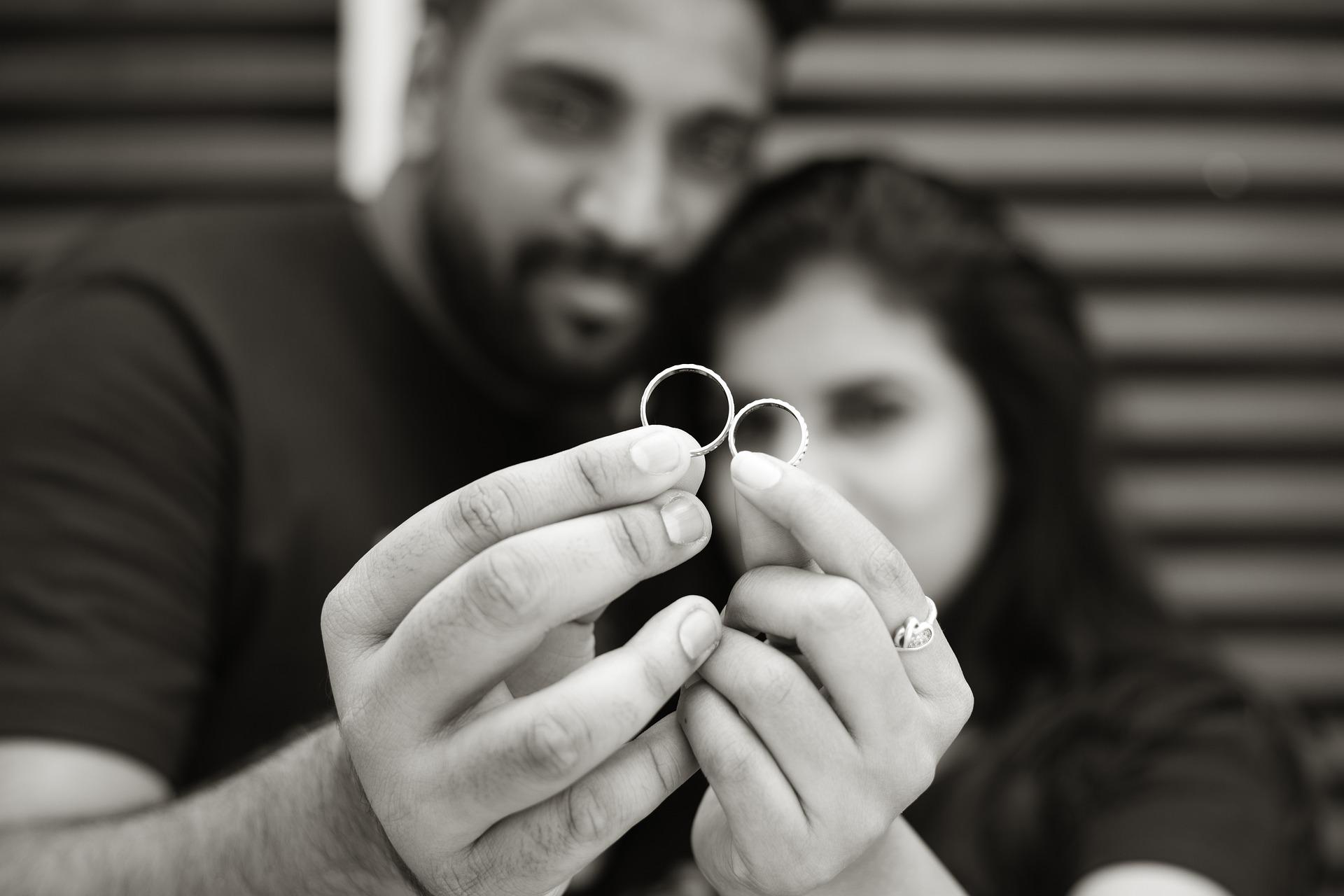
Marriage is a beautiful journey ❤️, but it’s also a legal union with important financial implications. That’s why many couples consider a prenuptial agreement (prenup) before tying the knot. While some may feel uncomfortable bringing it up, a prenup isn’t about expecting failure—it’s about ensuring clarity, fairness, and peace of mind. Below are expert answers to the most frequently asked questions about prenuptial agreements to help you make informed decisions.
🕒 When is the Best Time to Begin the Prenup Process?
Timing is everything ⏳. The best moment to start discussing a prenuptial agreement is early in the relationship, long before emotions run high or wedding stress kicks in.
Finalizing a prenup too close to the wedding day can feel rushed and stressful. Ideally, couples should complete the agreement at least 30 days before the wedding. This gives both parties time to review the terms thoroughly, consult their lawyers, and make thoughtful decisions without pressure.
Think of it as part of your wedding preparation checklist—just like booking the venue, hiring a photographer, or sending invitations. ✅
📜 Who Usually Drafts the Prenup?
Prenuptial agreements are often drafted by the partner with greater financial resources—whether that’s income, investments, or property. After the draft is prepared, the other partner should hire their own attorney to review the terms carefully.
Once both parties are satisfied, their lawyers will finalize the document, ensuring it’s free from fraud, coercion, or undue influence. Both individuals must also demonstrate that they are legally competent to enter into the agreement. 🖋️
💬 How Should the Prenup Be Brought Up in Conversation?
Bringing up a prenup can feel uncomfortable 😬, but it doesn’t have to damage your relationship. The key is to approach the topic with respect and sensitivity.
- Be clear that a prenup is simply a precaution, not a prediction of failure.
- Reassure your partner that you fully intend for the marriage to last forever 💞.
- Emphasize that the agreement exists to protect both of you and prevent future conflicts.
The most important part? Both partners must feel heard, respected, and valued during the conversation.
⚖️ Do Both Partners Need Their Own Lawyers?
Yes—absolutely! 👩⚖️👨⚖️ Each partner should have independent legal representation. Sharing one lawyer creates a conflict of interest and can leave one partner at a disadvantage.
Having separate attorneys not only ensures fairness but also makes the agreement more enforceable if it’s ever challenged in court. Without independent counsel, one party could later argue that they didn’t fully understand the terms, putting the prenup at risk.
👶 Can a Prenup Decide Child Custody and Support?
This is one of the most common misconceptions ❌. Prenuptial agreements cannot determine child custody or child support. Courts prioritize the best interests of the child, and those circumstances can only be assessed at the time of divorce.
In fact, if a prenup includes provisions for child custody or support, courts in many jurisdictions will invalidate those clauses—and in some cases, the entire agreement may be at risk. For this reason, most prenups wisely avoid addressing child-related matters altogether.
🌟 Final Thoughts
A prenuptial agreement doesn’t mean you don’t trust your partner—it means you both want to enter your marriage with clarity, honesty, and fairness. 💖 It’s about protecting your financial future, reducing conflict, and giving you both peace of mind.
Handled with care, open communication, and the right legal guidance, a prenup can actually strengthen your relationship by building trust and transparency. ✨



